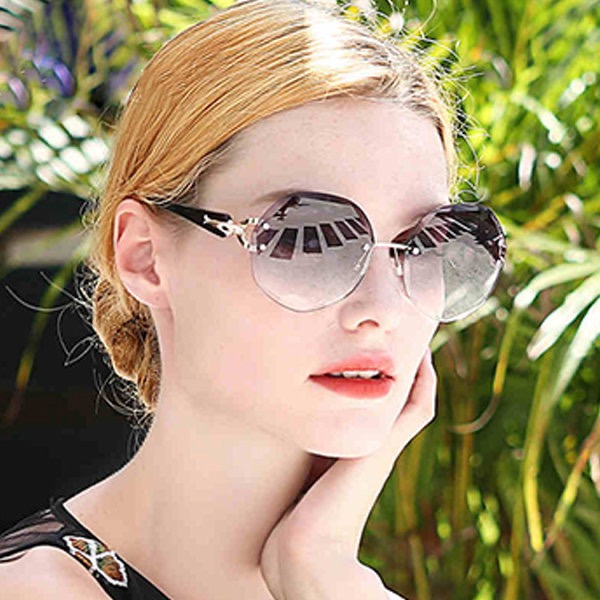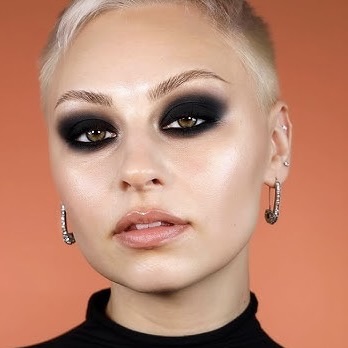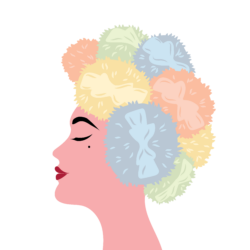There’s a certain power in wearing sunglasses, especially indoors or at night. When someone wears them, the message is clear: “You can’t see me, but I can see you.” Sunglasses create a barrier that hides emotions, masking the vulnerability that our eyes naturally reveal. Whether it’s fatigue, sadness, or uncertainty, the lenses obscure it all, giving the wearer control over their emotional transparency. They create a one-way mirror effect—where the person behind the glasses holds the upper hand in how much of themselves they show while still observing everything around them.

This dynamic is strikingly similar to the effect of a well-executed smokey eye. With dark, smudged liner and dramatic shadow, a smokey eye is a visual shield. It draws attention while simultaneously concealing the raw emotion behind the eyes. Much like sunglasses, this bold makeup choice can convey confidence, mystery, and even dominance. “You can’t read me, but I can read you,” it silently declares. The wearer maintains control, allowing their chosen appearance to communicate what they want to project while keeping the rest hidden.
In both cases, whether it’s sunglasses or a smokey eye, the act of covering the eyes transforms into a form of self-protection and expression. Eyes are naturally vulnerable—they betray our emotions without our consent. But when we hide behind dark lenses or a dramatic makeup look, we gain the ability to observe the world without revealing too much of ourselves. We control how much we are seen while still watching everything unfold.

In a sense, both sunglasses and makeup give us the power to craft our own narrative. We decide what we let others see, and in doing so, we shape the way we’re perceived. And sometimes, there’s freedom in knowing that while the world may be watching, only you hold the key to what lies behind your eyes.
